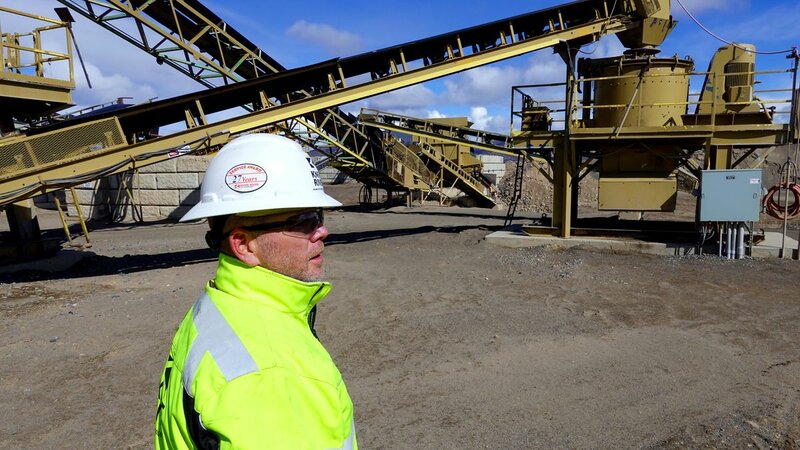Don Porfily first noticed the change in his tap water last March. Out of nowhere, it tasted bad, “like mud,” said the 84-year-old feed store owner.
He stopped drinking it. Then, the plumbing in his Central Oregon farmhouse went haywire. Spigots lost pressure. The washing machine broke and so did the fridge and the water heater. When Porfily lifted the lid of a toilet tank, he found a layer of thick black sludge.
He’s lived in the house for 26 years and has never seen anything like this.
His neighbors also grappled with mysterious calamities. Down the road at Ashley McCormick’s house, they went through three dishwashers in a year. At Billie Johnson’s dairy, a record number of calves had been born dead. Same story at Bryan Zednik’s place.
Now, at least a dozen residents in this agricultural valley near Prineville are worried about the safety of their only drinking water supply, which is pumped from the ground.
“A neighbor will tell a neighbor, and they’ll call and say, ‘You better come look: black in the toilet, taste in the water,” Porfily said.
He and others lay blame on a multi-billion-dollar construction materials company.



 Mining and Metals
Mining and Metals Farming
Farming Agriculture
Agriculture Health
Health


